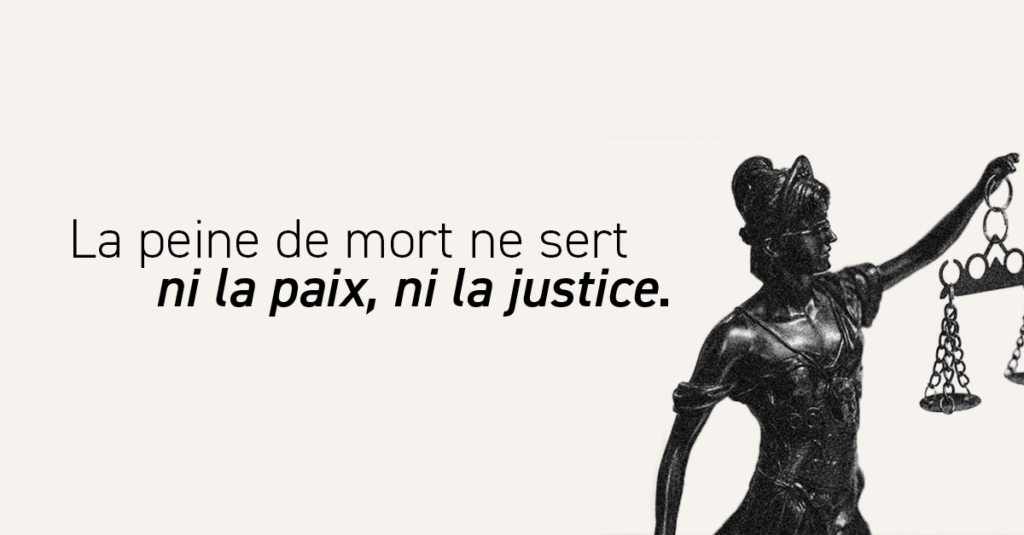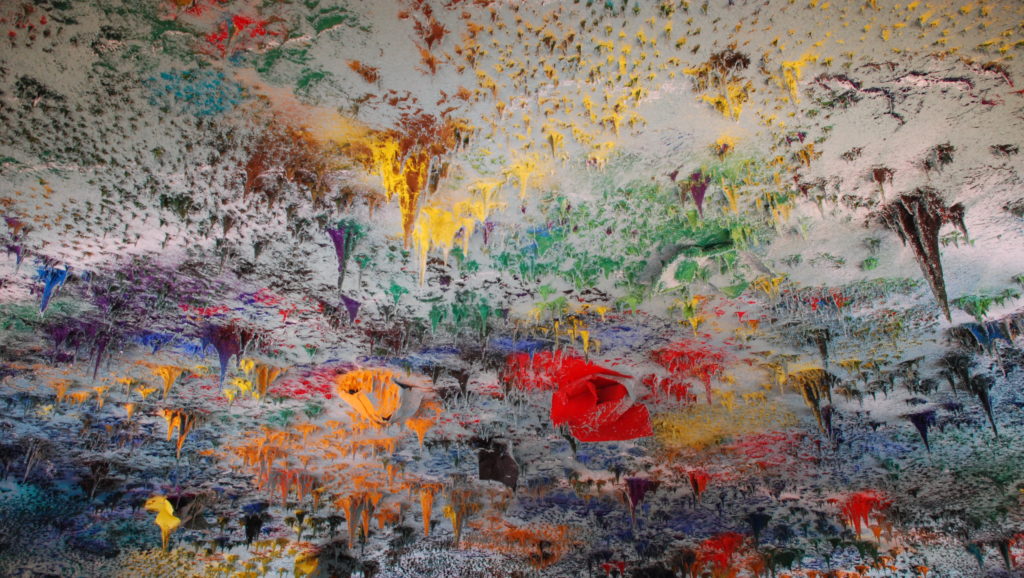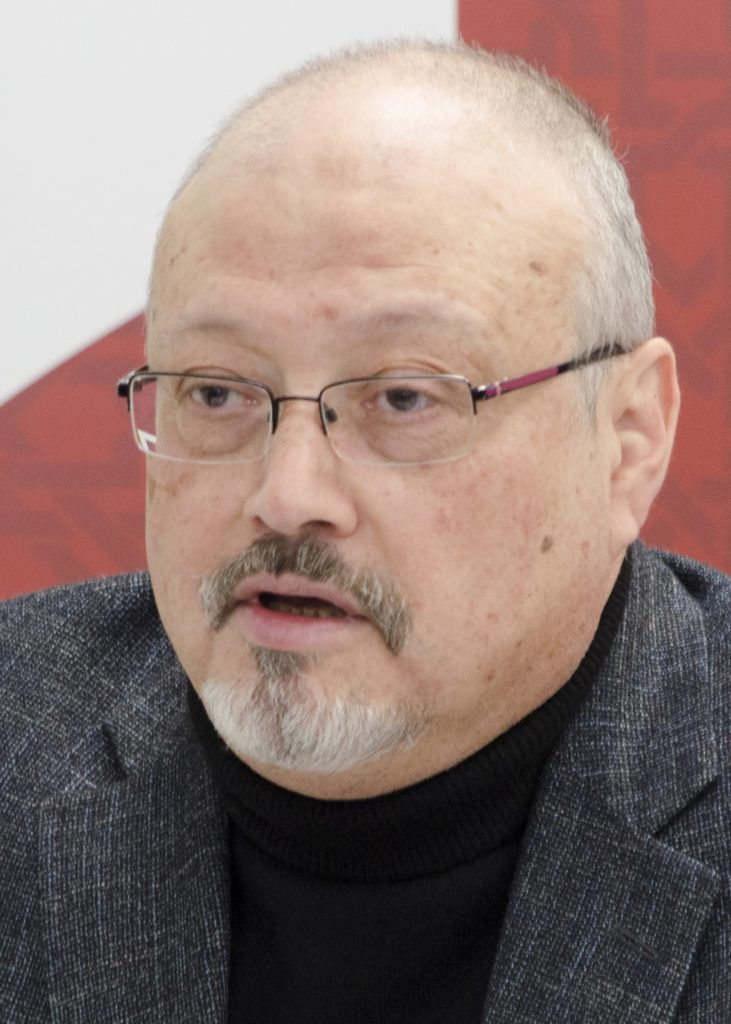Raising the bar: a holistic approach to improving the judiciary
Beyond training lawyers, it soon became apparent capacity-building should extend to judges, prosecutors and policy-makers to ensure lasting change.
TRIAL International has been committed since its beginning to building bridges with local experts and stakeholders. In 2011, it added a string to its bow and initiated capacity-building programs for lawyers and human rights defenders in BiH, Burundi, Kenya and Nepal.
Ranging from day-long workshops to individual coaching stretched over a year, all trainings were designed to create a ripple effect, whereby more actors were able to support victims in their quest for justice.
Insufficient change
It soon became clear, however, that reinforcing only one link of the judicial chain was not enough. “The lawyers we had trained raised highly innovative arguments in Court, but they were sometimes rejected because they were unfamiliar to the judges”, explains Philip Grant, Director of TRIAL International. “Likewise, some victims’ claims were not backed up by sufficient evidence, and so the perpetrators could not be held accountable.”
To answer that problem, TRIAL International gradually developed trainings for various actors of the judiciary. From gathering evidence to establishing legal strategies, from interviewing victims to mobilizing international jurisprudence. The organization adopts a holistic approach to improving legal proceedings for victims.
Making the system more victim-friendly
In Bosnia and Herzegovina, stigma remains strong for wartime survivors – including in the courtroom. TRIAL International has conducted trainings and published manuals to sensitize judges, prosecutors and lawyers to the unspoken hurdles preventing victims from seeking justice.
Many victims still fall through the mesh of the complex Bosnian legal system. Using a combination of advocacy and litigation, TRIAL International has obtained significant victories to ensure they could more easily access their right to justice and to reparations.
Gathering strong evidence
Collecting evidence in secluded, potentially dangerous locations is a common challenge for the Congolese prosecuting authorities. With a territory spreading over 2 million square kilometers and limited means, accessing the crime scene is all but a given. TRIAL International’s staff in DRC has been helping with investigations in mass crimes cases. In the iconic Kavumu case, NGOs and experts have unanimously agreed that the strong forensic evidence was key to the conviction of the accused.
To sustain its efforts to build strong investigations, TRIAL International has also launched an innovating program to use video as evidence. “Filming victims’ testimonies anonymously and in familiar settings can be less traumatic, and probably yield better results. Footages from the crimes scene, surroundings, etc. also puts their story into context, adding a compelling level of detail” explains Daniele Perissi, Head of the DRC program. Launched in 2017, the project has now been rolled out to train prosecutors as well as lawyers.
Empowering civil society
Other less immediate actors have a strong role to play in human rights cases: NGOs, victims’ groups and even the media can bring substantial leverage – or cause substantial harm. In Nepal, trainings and workshops have been delivered regularly to members of the civil society, including journalists, local NGOs and even victims who have turned advocates themselves.
“Everyone should be aware of their rights, because they are a weapon against injustice” concludes Lucie Canal, interim Head of TRIAL International’s Nepal program. “We hope that our workshops can help victims’ leaders gain knowledge to lead the way to justice for all Nepalese.”










